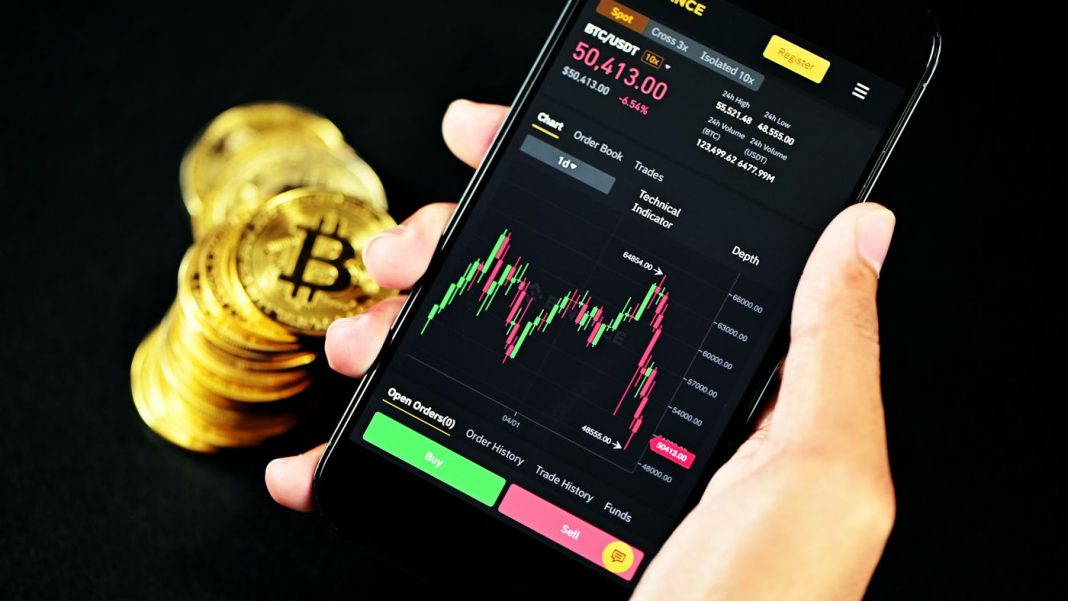Cryptocurrency exchange Binance, in a move to investigate money laundering on the platform and possible violations of international rules, has blocked 281 Nigerian user accounts on its platform.
According to Reuters, Binance CEO Changpeng Zhao sent a letter to these 281 users, explaining that the company had made the decision to ensure the safety of users and to meet the requirements of international authorities.
In the statement sent to affected users, it is mentioned that of the 281 accounts, approximately 107 (38%) were restricted by requirements of international entities. The others were blocked preventively.
Want to stay on top of the best tech news of the day? Access and subscribe to our new youtube channel, Kenyannews News. Every day a summary of the main news from the tech world for you!
Still in the letter, the CEO of the brokerage firm stated that the company had already managed to resolve 79 cases, and that it intends to conclude in a maximum of two weeks the remaining cases that have no connection with non-compliance with international laws.
Binance Problems with Nigeria and Cryptocurrencies
Binance release my money. You asked me to stay on a queue for 6hrs claiming to be resolving my issue after withholding my funds for 6months and disabling my account illegally @cz_binance @BinanceAfrica @BinanceAfrica @FBI #BinanceStopScamming #BINANCESTOPSCAMMINGNIGERIANS pic.twitter.com/QFtg1EBcnJ
— ToBbY (@FopdNewton) January 30, 2022
Before Zhao’s letter was sent, Nigerian Binance users were using the hashtag #binancestopscammingnigerians (“stop cheating Nigerians, Binance” in free translation) to alert you to problems your accounts were encountering on the platform.
Considering that the Nigerian people see cryptocurrencies as a way to protect their finances against the constant devaluation of their local currency, the naira (₦), blocking accounts at exchanges such as Binance ends up having a huge impact on the country’s population, justifying the creation of hashtags like the one mentioned above and complaints in general.
Furthermore, this blocking is not the first time something like this has happened specifically with Nigerian users on Binance. In February 2021, the broker temporarily suspended deposits to accounts located in the country after the Central Bank of Nigeria required financial institutions to close accounts with connections to several exchanges cryptocurrencies – which made many customers despair for having been left without access to their digital assets.
